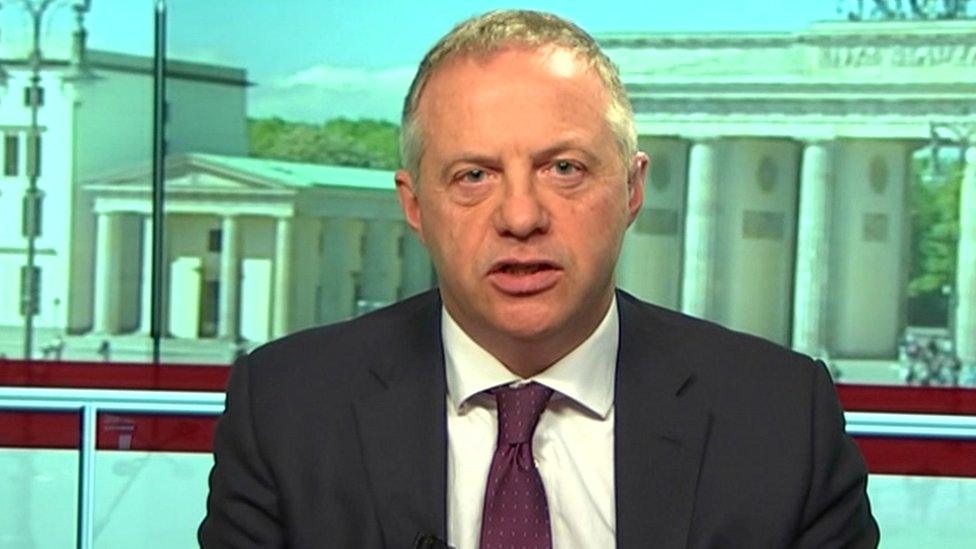Chief Rabbi condemns 'offensive' Corbyn anti-Semitism comments
- Published
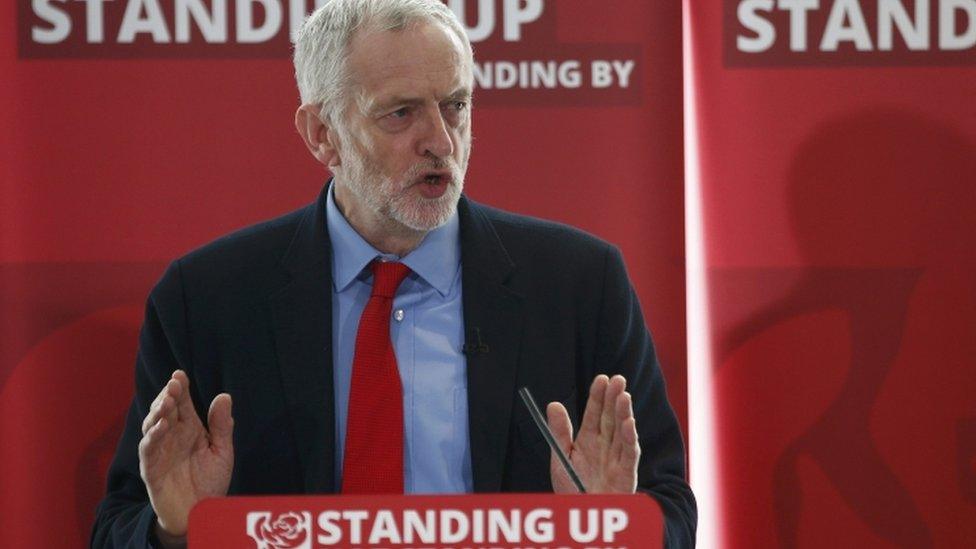
Labour leader Jeremy Corbyn said there was no acceptable form of racism
Labour leader Jeremy Corbyn has been accused by the Chief Rabbi of making "offensive" comments at the launch of a Labour party probe into anti-Semitism.
Rather than rebuilding trust with the Jewish community, Mr Corbyn caused "greater concern", Ephraim Mirvis said.
During his speech, Mr Corbyn said Jews were "no more responsible" for Israel's actions than Muslims were for "those various self-styled Islamic states".
Mr Corbyn later denied he was comparing Israel and so-called Islamic State.
It comes as MP Angela Eagle, who resigned from the shadow cabinet earlier this week, indicated she may challenge Jeremy Corbyn to a leadership contest.
Mr Corbyn had been speaking at an event to report on an inquiry, external set up following the suspension of MP Naz Shah and ex-London mayor Ken Livingstone amid claims of anti-Semitism.
The party would not tolerate racism of any kind, he said.
However, former Chief Rabbi Lord Jonathan Sacks added his voice to the complaint that Mr Corbyn appeared to compare the state of Israel to so-called Islamic State (IS), calling it "demonisation of the highest order, an outrage and unacceptable".
The comments showed "how deep the sickness is in parts of the left of British politics today", he said in a statement., external
He said IS was "a terrorist entity whose barbarities have been condemned by all those who value our common humanity. In the current political climate, when hate crimes are rising and political rhetoric is increasingly divisive, this is all the more shocking."
'Anti-Semitic slurs'
Mr Corbyn had said: "Our Jewish friends are no more responsible for the actions of Israel or the Netanyahu government than our Muslim friends are for those various self-styled Islamic states or organisations."
When later asked if he was comparing Israel to a terrorist group, Mr Corbyn said: "No, no of course I'm not. The point in the report is that you shouldn't say to somebody just because they're Jewish, you must have an opinion on Israel. Any more than you say to anyone who is a Muslim you must have an opinion on any vile action that's been taken by misquoting the good name of Islam. I just ask people to be respectful and inclusive in their debate."
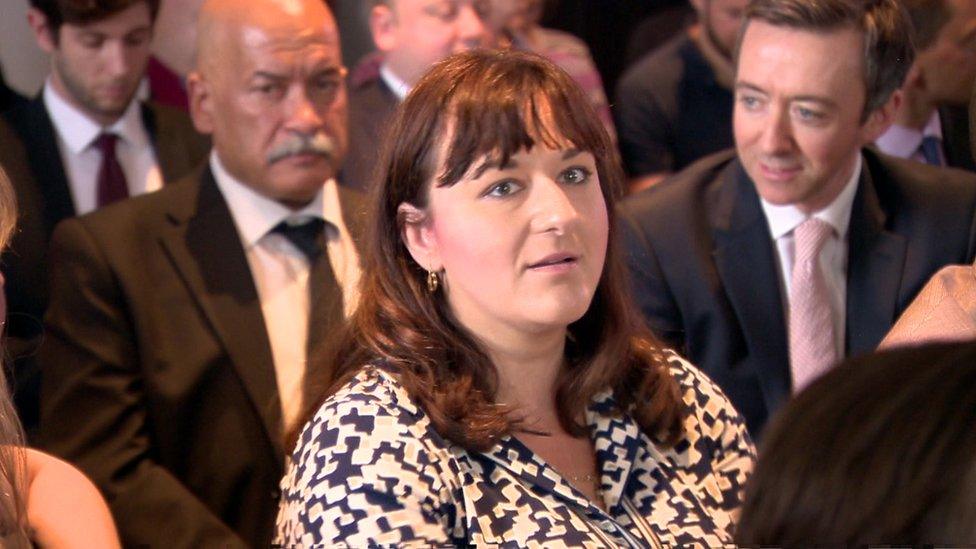
Labour MP Ruth Smeeth left the launch of the inquiry report after comments from a grassroots campaigner which she described as "anti-Semitic slurs"
Shadow Foreign Secretary Emily Thornberry later phoned the Israeli Ambassador in London to apologise for any offence caused by Mr Corbyn's remarks. A source close to Ms Thornberry said Ambassador Mark Regev "had no issue with the speech".
But a spokesman for Mr Regev said he had "welcomed Emily Thornberry's unequivocal apology following Jeremy Corbyn's unacceptable remarks" and said reports that he had no problem with the speech were "erroneous".
Meanwhile, Labour MP Ruth Smeeth called for Mr Corbyn to "resign immediately", claiming he failed to intervene when "anti-Semitic slurs" were directed towards her in front of him at the event.
Ms Smeeth, who is Jewish, walked out of the press conference after comments by one of the leader's grassroots supporters which she said suggested she was in collusion with the right-wing media.
After the event, she released a statement, external saying his failure to intervene showed a "catastrophic failure of leadership", and added her voice to the chorus of Labour MPs calling for their leader to resign.
"It is beyond belief that someone could come to the launch of a report on anti-Semitism in the Labour Party and espouse such vile conspiracy theories about Jewish people, which were ironically highlighted as such in Ms Chakrabarti's report, while the leader of my own party stood by and did absolutely nothing," she said.
She said she had previously made no comment on his leadership, she but felt "a Labour Party under his stewardship cannot be a safe space for British Jews".
A Labour Party spokesman said: "All allegations of anti-semitism are taken very seriously by the Labour Party and that is why Jeremy asked Shami Chakrabarti to produce her report the conclusions of which we will consider carefully."
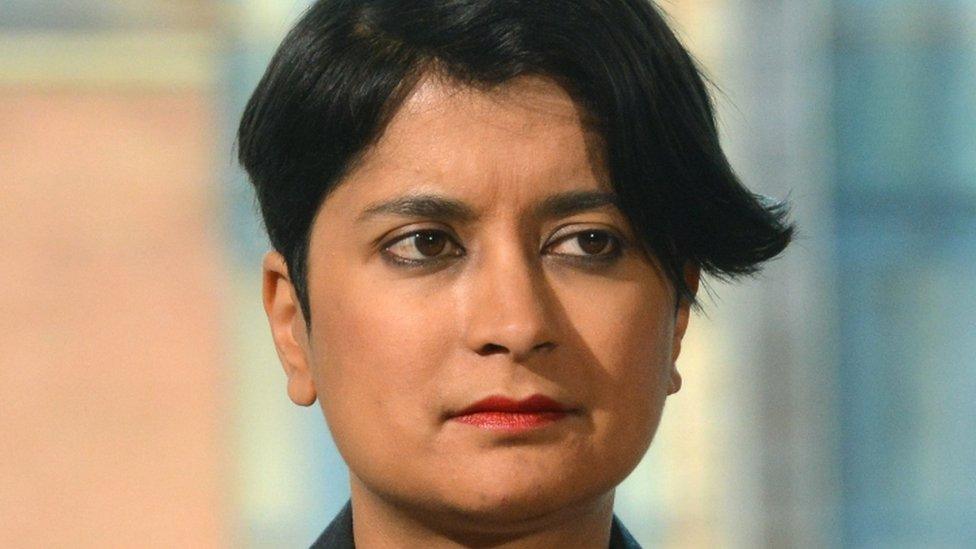
Shami Chakrabarti, the chairwoman of Labour's inquiry into anti-Semitism, said there was "too much clear evidence... of ignorant attitudes"
At the event, Ms Chakrabarti, the chairwoman of Labour's inquiry into anti-Semitism, had said the Labour Party was not overrun by anti-Semitism or other forms of racism but there was an "occasionally toxic atmosphere".
But she said there was "too much clear evidence... of ignorant attitudes".
'No more Nazi metaphors'
Ms Chakrabarti's inquiry has made 20 recommendations but she said she does not approve of lifetime bans for party members.
Mr Corbyn said he put his weight behind the inquiry's "immediate implementation".
He called for an end to Hitler and Nazi metaphors and comparisons between different human rights atrocities.
"Diluting degrees of evil does no good," Mr Corbyn said.
"Racism is racism is racism. There is no hierarchy, no acceptable form of it," he said.
Recommendations made by the inquiry include:
Abusive references to any particular person or group based on actual or perceived physical characteristics and racial or religious tropes and stereotypes, should have no place in Labour Party discourse
Labour members should resist the use of Hitler, Nazi and Holocaust metaphors, distortions and comparisons in debates about Israel-Palestine in particular
There should be procedural rule changes to improve the party's disciplinary process and the adoption and publication of a complaints procedure
The appointment of a General Counsel to the Labour Party to give advice on issues including disciplinary matters and to take responsibility for instructing external lawyers
The party should increase the ethnic diversity of its staff
Ms Shah, the MP for Bradford West, was suspended after social media posts emerged in which she suggested Israel should be moved to the United States.
Mr Livingstone was then suspended after claiming Hitler supported Zionism, as he tried to defend Ms Shah.
No update on these cases were given as Ms Chakrabarti said due process must be followed.

Anti-Semitism and Zionism
Anti-Semitism is "hostility and prejudice directed against Jewish people" (OED)
Zionism refers to the movement to create a Jewish state in the Middle East, corresponding to the historic land of Israel - anti-Zionism opposes that
Some say "Zionist" can be used as a coded attack on Jews, while others say the Israeli government and its supporters are deliberately confusing anti-Zionism with anti-Semitism to avoid criticism.

- Published30 June 2016
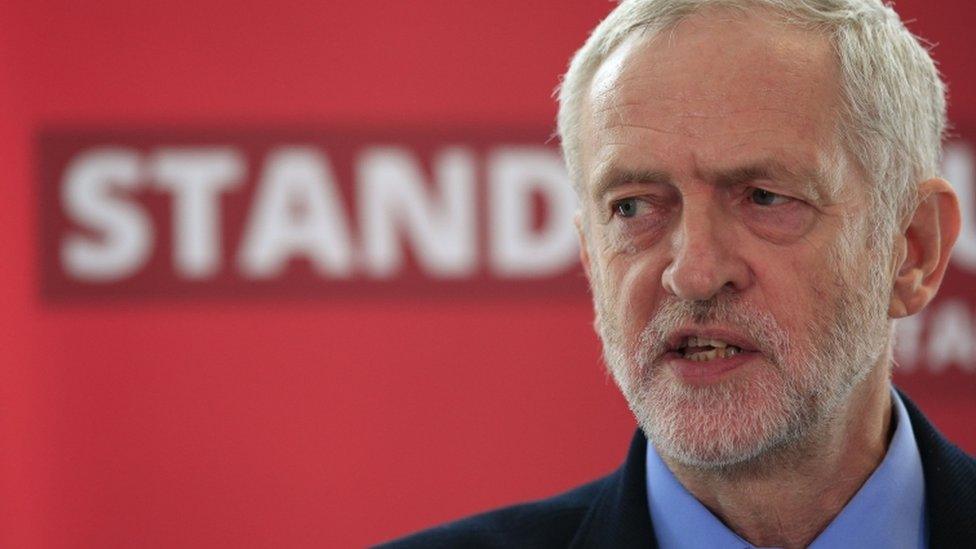
- Published30 June 2016
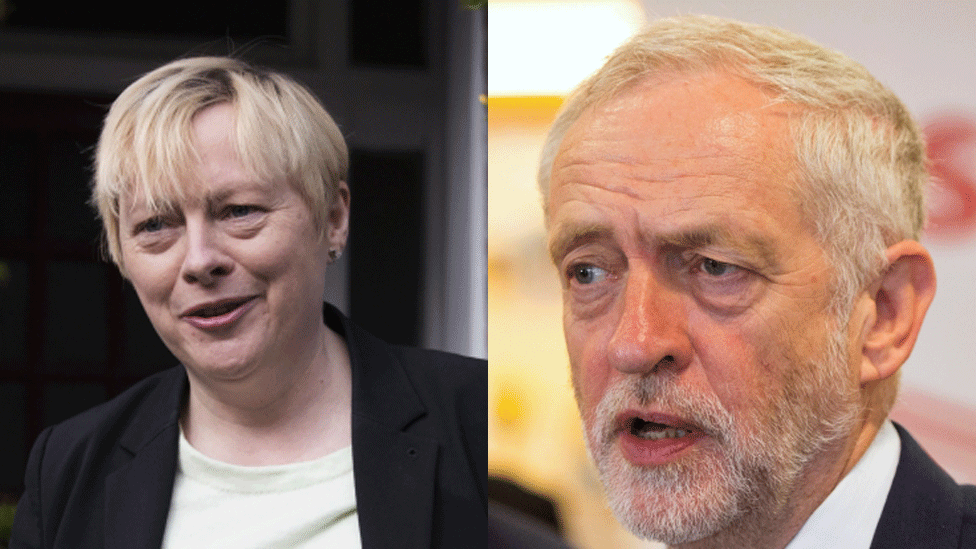
- Published16 May 2016
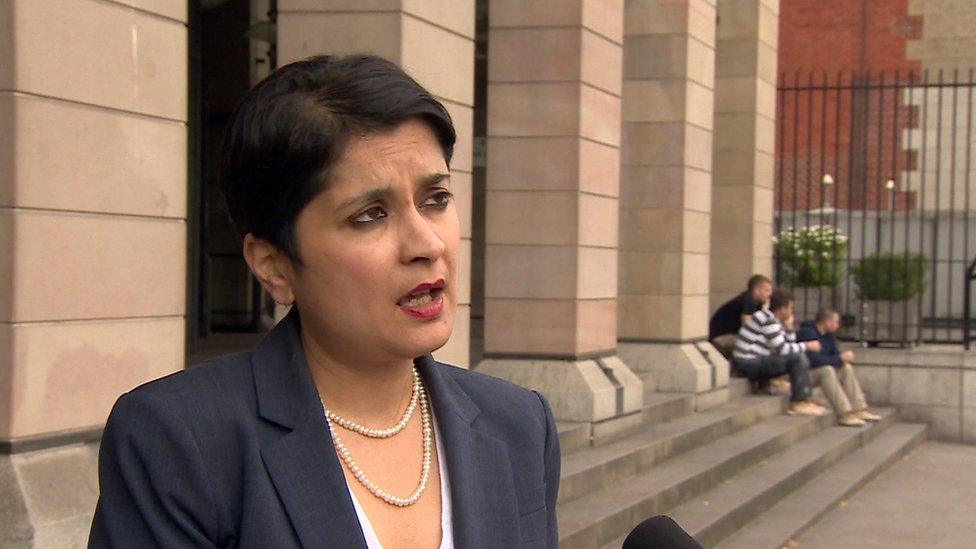
- Published30 April 2016
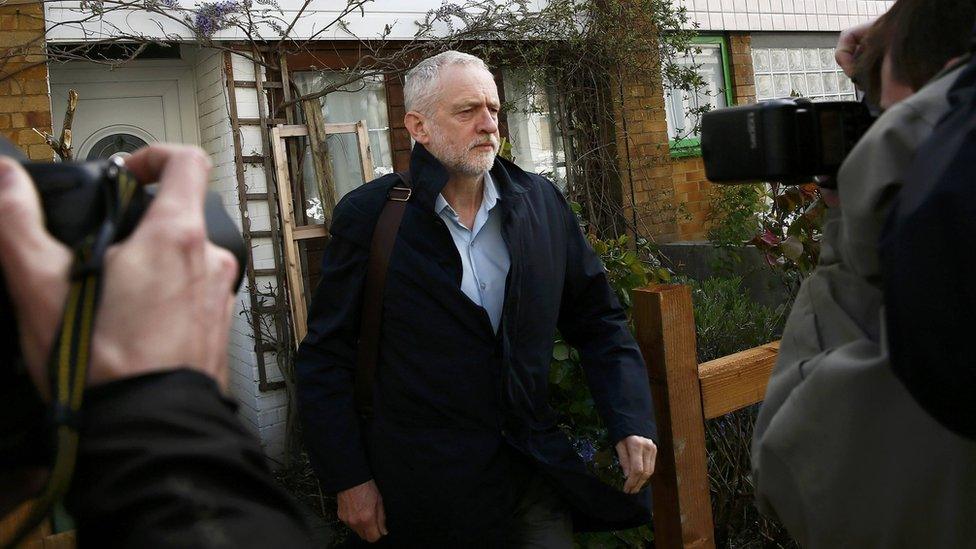
- Published29 April 2016
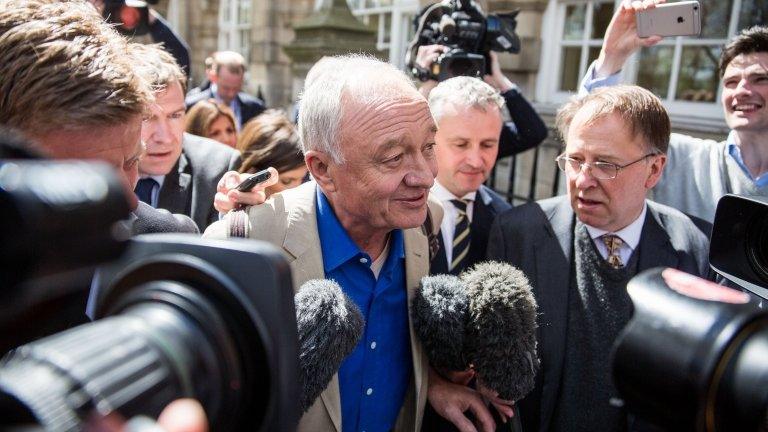
- Published29 April 2016
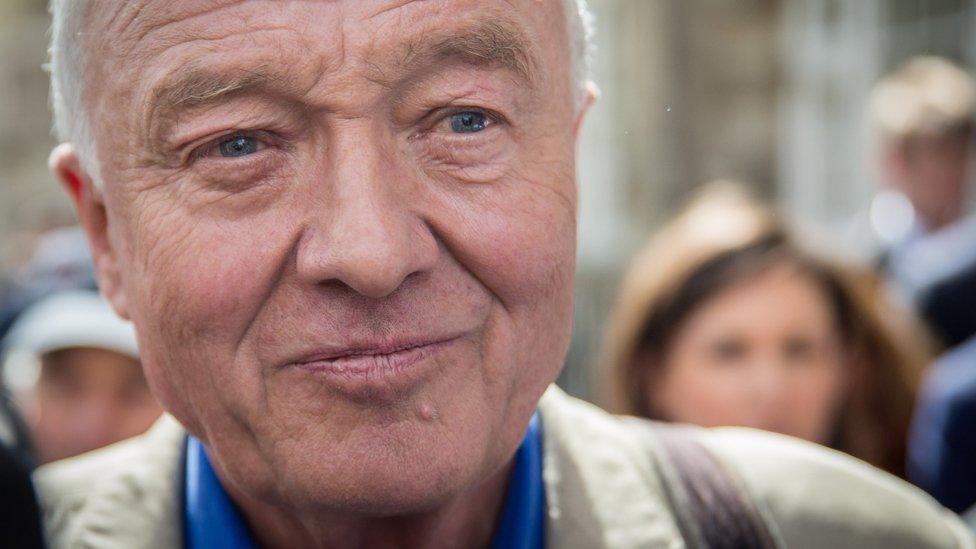
- Published13 March 2016
